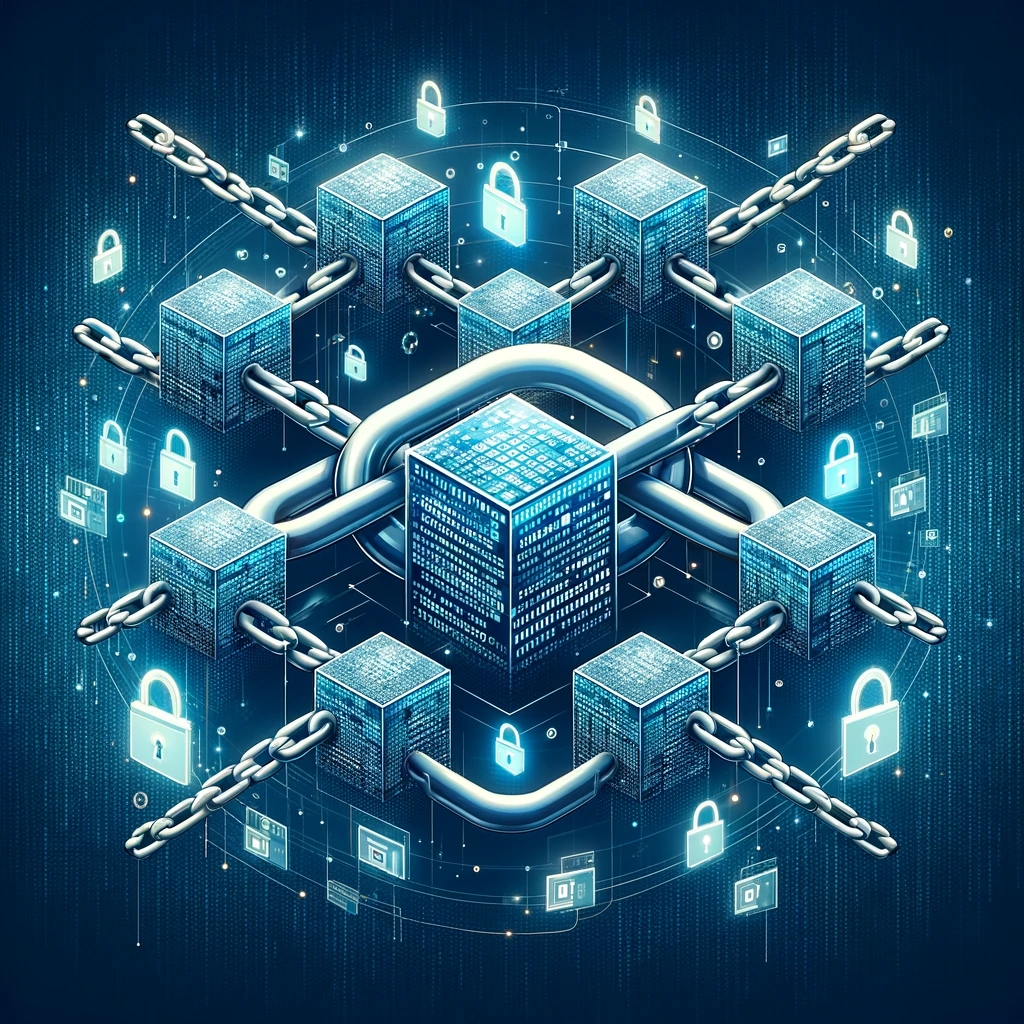Asia-Pacific Insights
Exploring the latest trends and news in the Asia-Pacific region.
Blockchain Unplugged: Decoding the Hype
Unlock the truth behind blockchain! Dive into the hype and discover what’s real and what’s just noise in the crypto world.
What is Blockchain and How Does it Work?
Blockchain is a decentralized digital ledger technology that allows for secure and transparent record-keeping of transactions across multiple computers. Unlike traditional databases, where a single entity manages the data, a blockchain operates on a peer-to-peer network that ensures all participants have access to the same information. Each transaction is grouped together in a block and is linked to the previous one, forming a chronological chain of blocks. This structure not only enhances security but also promotes accountability, as altering any block would require changing all subsequent blocks across the entire network. For a deeper understanding of blockchain technology, you can visit Investopedia.
The way blockchain works is through a consensus mechanism, which is an agreement process that ensures all participants in the network validate the authenticity of transactions before they are recorded. Common consensus methods include Proof of Work and Proof of Stake, which help prevent fraud and double spending. Once a block of transactions is validated, it is added to the blockchain, and the information is immutable, meaning it cannot be altered or deleted without consensus from the network. This innovation has implications beyond cryptocurrencies like Bitcoin; it can be applied to supply chains, voting systems, and secure digital identities. To learn more about how it works, check out IBM's guide on blockchain technology.

The Top 5 Myths About Blockchain Debunked
Blockchain technology is often surrounded by misconceptions that can lead to confusion and misinformed opinions. One prevalent myth is that blockchain is synonymous with Bitcoin. While Bitcoin was the first application of blockchain technology, the two are not the same. Blockchain is a decentralized digital ledger that can be utilized across various industries, whereas Bitcoin is merely a digital currency that operates on its own blockchain. For a deeper dive into the differences, you can refer to Investopedia's comprehensive guide.
Another common myth is the belief that blockchain is completely secure and unhackable. While blockchain's decentralization and cryptographic principles offer a high level of security, it does not make it invulnerable to attacks, especially at the application level or through social engineering. Understanding the nuances of blockchain security is critical. To explore this further, check out this article by Forbes.
Can Blockchain Revolutionize Industries Beyond Finance?
The transformative power of blockchain technology extends well beyond the realm of finance. Industries such as supply chain management, healthcare, and real estate are beginning to explore the potential of decentralized ledgers to enhance transparency and efficiency. For instance, in supply chain management, IBM has developed blockchain solutions that allow for real-time tracking of goods, ensuring authenticity and reducing fraud. Blockchain's ability to create immutable records can streamline processes and foster trust among stakeholders, making it a game changer for industries with complex logistical networks.
In the healthcare sector, blockchain can facilitate the secure sharing of patient data among providers, ensuring compliance with regulations like HIPAA while improving patient care. Companies like Change Healthcare are pioneering solutions that leverage blockchain to manage health records, ultimately aiming to reduce costs and increase transparency. Moreover, the real estate industry can benefit from blockchain through smart contracts, which automate transactions and eliminate the need for intermediaries. This can significantly reduce closing times and lower transaction costs, illustrating how blockchain could revolutionize industries far beyond finance.